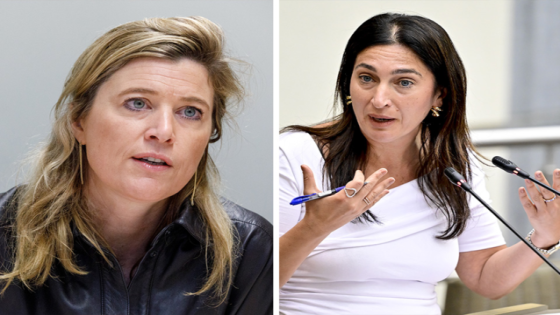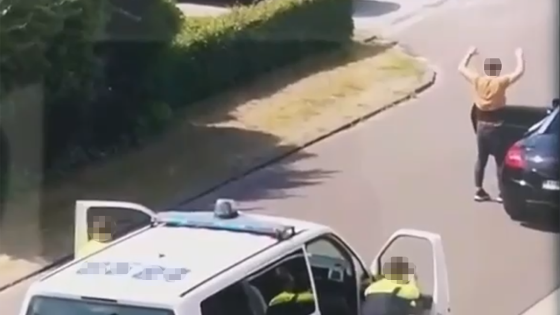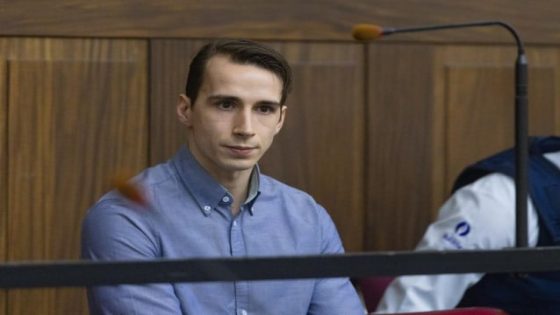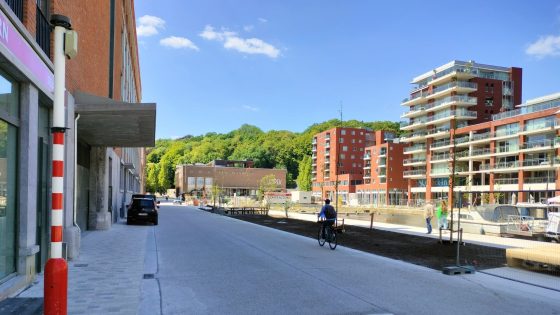The ongoing political tensions in Brussels have once again captured public attention, with the latest developments involving key figures like Bart De Wever and Ahmed Laaouej. The Brussels government formation talks remain stalled, highlighting the complex interplay of regional and federal interests. As of 2025-05-12 21:50:00, these disputes show no immediate resolution in sight.
- De Wever's threat stalls Brussels government progress
- Laaouej criticizes De Wever's separatist stance
- De Wever wants federal guardianship over Brussels
- Internal Brussels formation tensions persist, Laaouej says
- De Gucht suggests forming leftist Brussels government
- Political accusations highlight nationalist and separatist conflicts
De Wever’s recent threat to place Brussels under federal guardianship has sparked sharp criticism from the Socialist Party (PS), particularly from Laaouej, who accuses De Wever of separatist arrogance. This clash underscores the deep divisions within the capital’s political landscape.
With calls for a left-wing majority government gaining traction, the question remains: can Brussels overcome its political deadlock? The following summary sheds light on the current state of affairs.
Why does De Wever’s stance provoke such strong reactions? Could a left-wing coalition offer a viable alternative? The political stalemate reflects broader issues:
- De Wever’s separatist rhetoric alienates federalist parties and complicates negotiations.
- PS leaders like Laaouej advocate for Brussels’ autonomy and oppose federal oversight.
- Calls for a left-wing government highlight demands for representation aligned with the parliamentary majority.
- The ongoing disputes illustrate the fragile balance between regional identity and national unity.
As Brussels navigates these challenges, stakeholders must prioritize dialogue and compromise. Will political leaders find common ground to form an effective government, or will the stalemate deepen? The coming weeks will be critical for shaping the capital’s future.

































